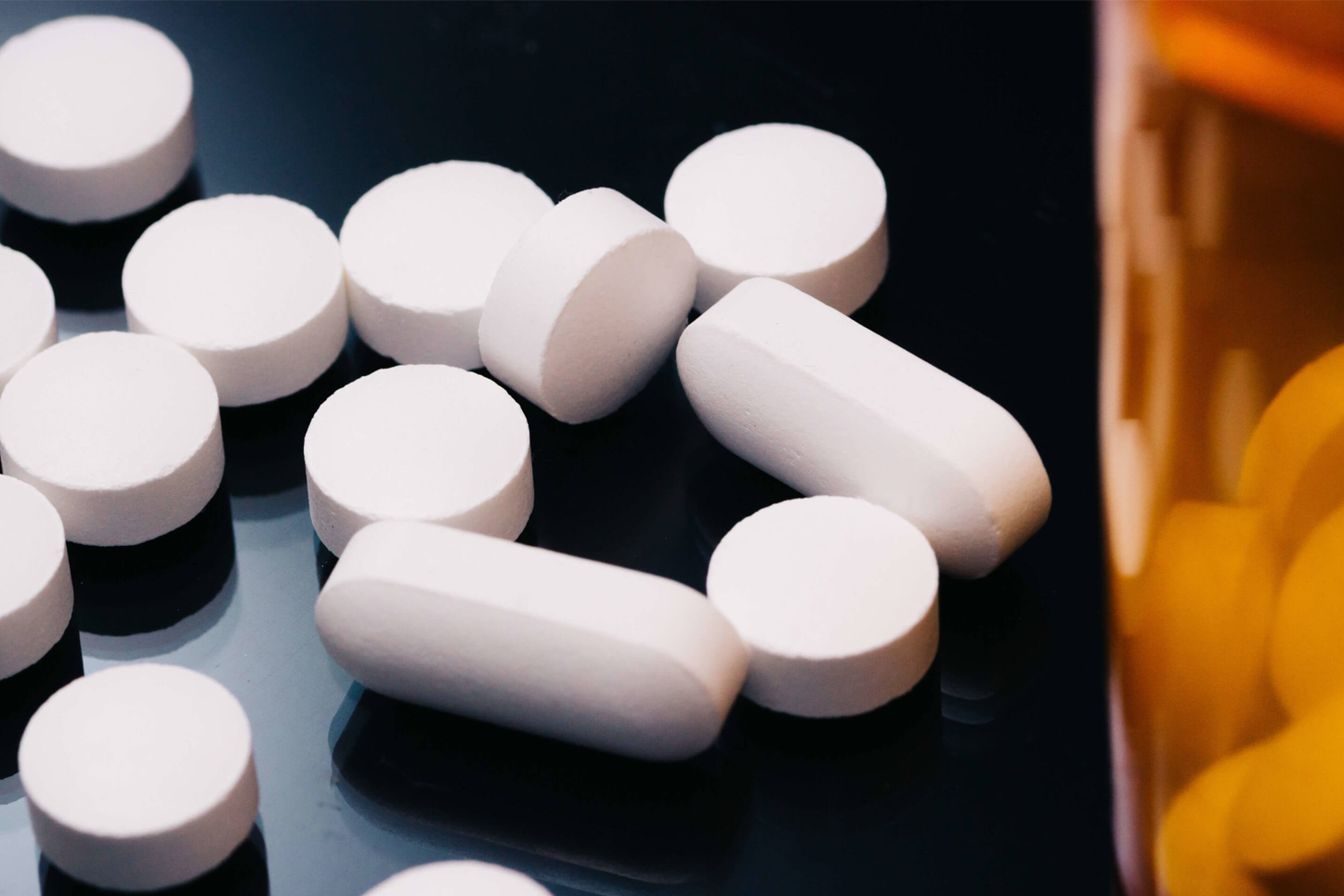Adderall is a stimulant mainly used to treat attention deficit hyperactivity disorder (ADHD). The drug is a combination of amphetamine and dextroamphetamine, and it works by modifying the concentrations of certain natural substances in the brain.
It can help you improve your ability to pay attention, stay focused on an activity, and manage behavioral issues. It may also assist you in organizing your tasks and improving your listening skills. This medication is also used to treat a specific sleeping disorder called narcolepsy, to help you stay awake during the day. It should not be used to treat tiredness or to keep you awake if you do not have a sleep disorder.
Adderall is a potentially addictive drug. If you happen to suffer from an addiction to it, you may be wondering about the best Adderall addiction treatments. One question you may have is, “Should I go to inpatient or outpatient rehab?”
Read further to find out the answer.
What are the signs of addiction to Adderall?
Due to the highly addictive potential of Adderall, the US Drug Enforcement Administration (DEA) classifies it as a Schedule II drug. That means it has known medical uses but has a high risk of abuse and dependence.
You can quickly progress from recreational use to abuse to addiction. While teens and young adults are the most vulnerable, anyone can develop an Adderall addiction. Among the physical, psychological, and behavioral symptoms are:
 Sociability, talkativeness, and racing thoughts
Sociability, talkativeness, and racing thoughts- Feeling invincible or grandiose
- Dry mouth
- Nausea and vomiting
- Nervousness, anxiety, and panic
- Visiting more than one doctor to get extra Adderall prescriptions (also called “doctor shopping”)
- Taking Adderall in a different form (e.g. snorting the powder from crushed pills)
- Being afraid of running out of the drug
- Spending a lot of your time finding Adderall, using it, and recovering from its side effects
Abuse of Adderall will result in the development of a tolerance to the drug. To achieve the desired Adderall high, you will need to consume more of this drug over time.
If you decide to stop taking the drug suddenly, withdrawal symptoms will appear. Examples include:
- Fatigue
- Irritability
- anxiety
- Depression
- Confusion
- Sleep problems
They can get so unpleasant that you may somehow be forced to take Adderall again just to make them go away. For that reason, trying to quit the drug on your own is usually unsuccessful.
What are the best kinds of Adderall addiction treatment?
Effective treatments often include drug detoxification to alleviate withdrawal symptoms, behavioral therapies, and other measures. Formal drug rehab programs are often divided into two types: inpatient (residential) or outpatient. Both have their merits, and which program will work well for you depends on your case.
First, consult with your primary care physician or a mental health specialist to find out what treatment program you need. They will assess your situation before recommending a treatment. This assessment includes:
- Taking your medical history
- Determining if you have a past history of substance abuse
- Finding out if you are currently suffering from any mental health problems
- Identifying symptoms of addiction
- Determining the severity of the addiction
When is outpatient treatment recommended?
 Outpatient Adderall addiction treatment programs are often recommended for mild cases. In this type of rehab, you will only go to the rehab facility during your scheduled therapy for the day. Afterwards, you are free to return home. The main advantage of outpatient programs is that you can still continue to work or study while getting treatment.
Outpatient Adderall addiction treatment programs are often recommended for mild cases. In this type of rehab, you will only go to the rehab facility during your scheduled therapy for the day. Afterwards, you are free to return home. The main advantage of outpatient programs is that you can still continue to work or study while getting treatment.
However, outpatient programs do have some disadvantages. For example, if your home is filled with triggers for drug cravings, it is not a good place to spend a lot of time. Those drug triggers will interfere with your recovery process. In the worst case, they will significantly increase the likelihood of an early relapse. Also, outpatient programs may not give you the best environment to focus on your recovery.
When is inpatient treatment recommended?
Inpatient treatment is recommended for the best recovery outcomes. It’s often used if your addiction is moderate to severe. But if your addiction is mild, you can still choose to enroll in an inpatient program for better treatment outcomes.
Inpatient rehab is often suggested if you have more than one addiction. The amount of time spent in rehab varies, depending on your case and your treatment provider. In general, the length of treatment is determined by your specific needs. If you have a severe addiction, you will usually stay in recovery for a longer period of time. To give you an idea, inpatient rehab might range from 28 to 90 days.
Inpatient rehab provides a safe and structured environment conducive to recovery. When you are living inside a rehab facility, you avoid events that could lead to Adderall use. Here are some of the activities you’ll take part in day-to-day:
 Individual therapy
Individual therapy- Psychoeducation
- Group therapy
- Process groups
- Support groups
- Exercise sessions
- Family visits
- Scheduled mealtimes
- Personal free time
- Various group activities
Every routine is therapeutic in their own ways.
Some Adderall treatment facilities assist you in gradually decreasing your dose to lighten any uncomfortable withdrawal symptoms. These detox-providing rehabs are also staffed with doctors and nurses, who monitor you and prevent complications from arising.
Continuous treatment
After quitting Adderall, engaging in ongoing treatment aids in the prevention of a relapse. You may want to participate in a 12-step program such as Narcotics Anonymous, or you could seek individual counseling. You can even have both, as each of them are helpful in different ways.
CBT or cognitive behavioral therapy is an effective treatment option for Adderall addiction. If you are on CBT, your therapist will train you to recognize situations that may lead to the urge to use, as well as how to prevent or manage those situations.
A study reports that significantly more participants who received CBT refrained from amphetamine use after 6 months compared to those who did not. CBT has also been found in other clinical studies to be useful for patients recovering from addictions to amphetamines like Adderall.
Behavioral treatments like CBT further ensure that you stay away from Adderall for good. Soon enough, you will be drug-free once again.
